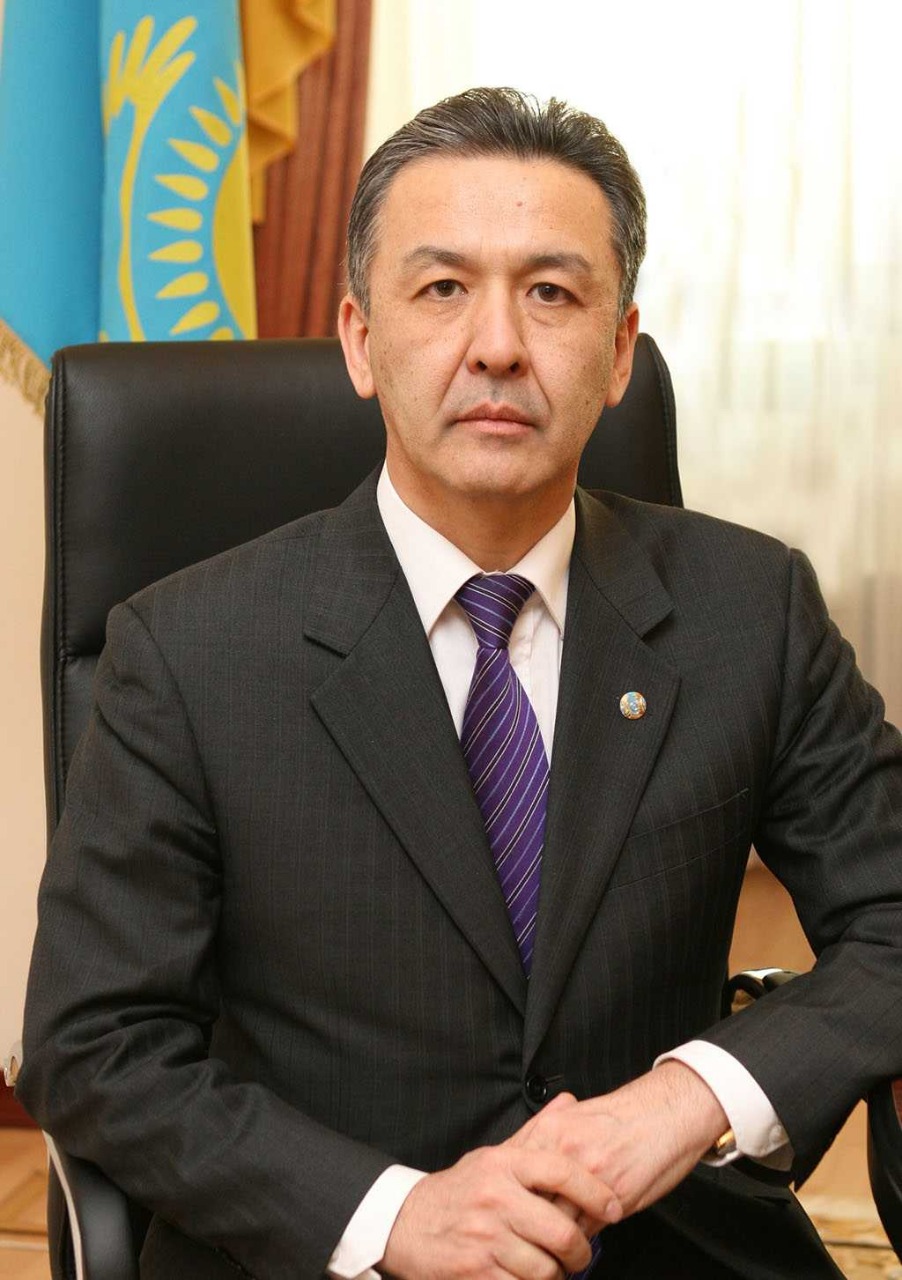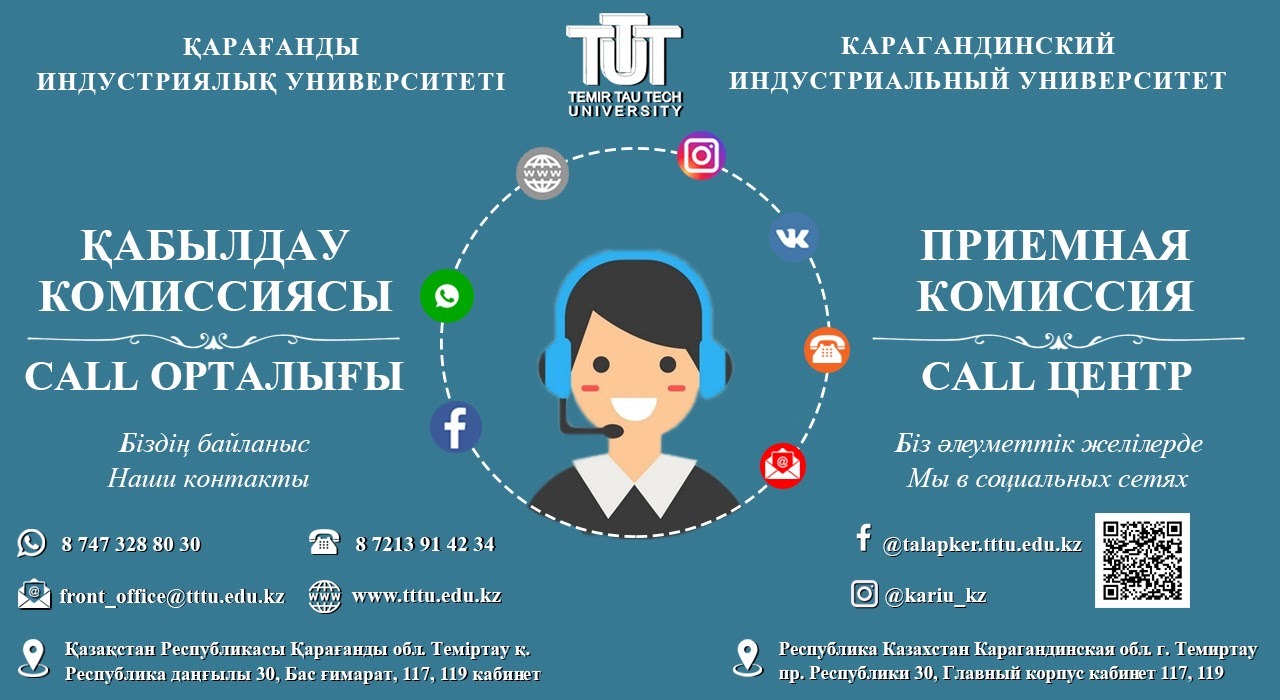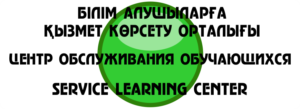INTERNATIONAL CREDIT MOBILITY
A higher education institution (HEI) in a Partner Country can send its students, doctoral candidates or staff to a partner HEI in a Programme Country and vice versa. Students and doctoral candidates are able to study abroad for a period ranging from three months (or one academic term or trimester), up to a maximum of 12 months and may benefit from an Erasmus+ grant. From 2018, Erasmus+ offers opportunities for students and PhD candidates to carry out a traineeship in Programme or Partner Countries. Staff can spend a teaching and/or training period abroad for up to two months and may also benefit from a grant. In order for the mobility to take place, an inter-institutional agreement has to be signed between the participating HEIs.
In this inter-institutional agreement, the sending and receiving institutions agree on the range of courses open to visiting students and on the options for staff mobility. These agreements ensure that the sending institution will recognise the credits gained by its students, for activities successfully completed abroad, and count them towards the student’s degree upon return.
Institutions from Programme Countries can apply to their National Agency to organise projects with HEIs in one or more Partner Countries. The National Agency will award the successful HEIs a grant to cover the mobility of a number of students and staff. This grant will cover the cost of the individual grants and also include a portion for organisational support.
Institutions from Programme Countries can submit an application to manage a mobility project for higher education students, doctoral candidates and staff. The Programme Country institution will submit this application to its National Agency, in response to a published Call for Proposals. To apply for funding the institution must hold an Erasmus Charter for Higher Education (ECHE). For HEIs located in Partner countries, the ECHE is not required, and the quality framework will be established through inter-institutional agreements between HEIs. The institutions should ensure quality of student and staff mobility, including the relevance, accessibility and transparency of information about the programmes, use of ECTS (or a similar system) for recognition, etc.
FUNDING
Students and doctoral candidates from Partner Countries may receive a monthly contribution to their expenses abroad of between EUR 800 and EUR 900, depending on the cost of living in the Programme Country. For students and doctoral candidates going to Partner Countries from Programme Countries, the rate is EUR 700 per month for all Partner Countries.
Staff coming from Partner Countries may get a daily contribution to their expenses of between EUR 140 and EUR 180 (depending on the cost of living in the Programme Country).
Staff from Programme Countries going to Partner Countries will get EUR 180 per day.
Each individual participant may get a travel contribution based on the distance from the sending to the receiving institution.
MANAGING THE MOBILITY PROJECT
The Programme Country institution will be responsible for signing the grant agreement with the participant and unless you specify otherwise in the inter-institutional agreement, they will administer all grant payments for incoming and outgoing mobilities.
The sending institution is responsible for selecting participants and providing them with all necessary support including pre-departure preparation, monitoring during mobility, and formally recognising the mobility period.
Information on the mobility opportunities available and the selection procedure should be made public. The selection of participants, as well as the procedure for awarding them a grant, must be fair, transparent and documented and should be made available to all parties involved in the selection process.
The study activities/internship offered to students have to be part of their study programme. Both sending and receiving organisations, as well as the student, must sign a Learning Agreement before the start of the activities, outlining:the educational components to be carried out by the student at the receiving institution,
the educational components to be carried out by the student at the receiving institution,
the educational components to be replaced in the student’s degree at the Sending Institution upon successful completion of the study programme abroad, and
The activities of staff sent abroad should be agreed on, in advance, by both sending and receiving organisations. All parties to the mobility activity must sign a Mobility Agreement, outlining:
the rights and obligations of the various parties.
- proposed mobility programme,
- expected outcomes,
- the rights and obligations of the parties.
 For the period of 50 years Karaganda Industrial University, founded in 1963, has become one of the leading higher ...
For the period of 50 years Karaganda Industrial University, founded in 1963, has become one of the leading higher ...































